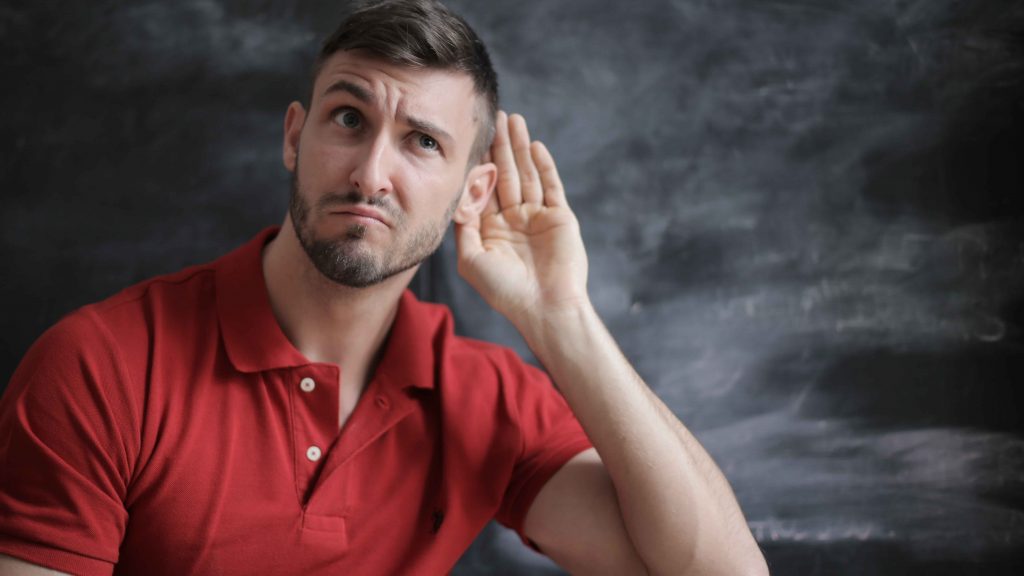As a Pontypridd MP was bombarded with hate mail and threats for speaking out against Andrew Tate, an expert explains what is toxic masculinity and how to tackle it.

A Welsh MP was bombarded with death threats and abusive messages after she criticised the misogynistic influencer, Andrew Tate.
Pontypridd MP Alex Davies Jones described his content as ‘deeply toxic’ during Prime Minister’s Questions, which led to her being bombarded with death and rape threats.
“I see it in all walks of life,” says Dr Hammad. “One of the most common instances of it that I witness or experience most regularly is in the verbal and spatial street harassment of individual women, girls and gender non-conforming people by groups of cisgender men and boys moving through public spaces and places.”
The former kickboxing champion and social media influencer was recently arrested in Romania over human trafficking and rape allegations.
According to a newspaper investigation, subscribers of Andrew Tate’s ‘Hustlers University are encouraged to repost clips of him to earn a commission with more than 127,000 members paying a monthly fee of £39 to participate in the scheme.
“The term ‘toxic masculinity’ refers to the potential for harm to be caused by adherence to ideals of masculinity, or problematic behaviours and characteristics associated with masculinity, that are damaging to others and to those who adhere to them,” said Dr Hannah Hamad.
Dr Hannah Hamad said, “Typically ‘toxic’ traits include aggressiveness, a need or desire to dominate others, hatred of or contempt for women and girls, hatred of or contempt for those who do not straightforwardly conform to a rigid gender binary or to a heteronormative sexuality, and inability or unwillingness to express emotions unless the emotion in question is anger. These are just a few examples.”
“These behaviour patterns arise from the cultural logics of patriarchy and society’s tolerance of them,” said Dr Hamad.
A Center for Countering Digital Hate study found that Instagram fails to act on 9 in 10 violent threats that made reported in direct messages using its tools and that it failed to act on 90% of abuse sent to women via direct messages.
Dr Hamad believes that social media has had a role to play in the recent rise of behaviours associated with toxic masculinity.
She said, “Social media companies are typically run and owned by individuals who have a vested interest in maintaining the patriarchal status quo because to do so enriches them, and toxic masculinity is a manifestation of patriarchy.”
The CDHC identified 47 videos of Andrew Tate promoting extreme misogyny on Youtube of which nine were found to be carrying paid advertisements from brands that include Schwarzkopf hair products, Vans shoes, and Google Ad services.
CDHC Chief Executive Imran Ahmed said, “Dehumanising, woman-hating content that encourages violence has no place on YouTube, the social media platform most used by children. The mainstream brands who are having their ads placed on this content – including, ironically, Google – will be spitting mad that their brands are being associated with hate and violence.”
Dr Hamad said, “It needs sincere and collective anti-patriarchal will to change society and change culture, which has to start with the recognition and acknowledgement that we still live under patriarchy.”
She believes that the government’s role in tackling toxic masculinity in Wales must be legislative but cautioned, “History has shown us that it will take far more than the passing of laws to change society for the better in this way. For example, it is 53 years since the Equal Pay Act of 1970 was passed in the UK Parliament and the goals of that legislation have yet to be achieved.”
